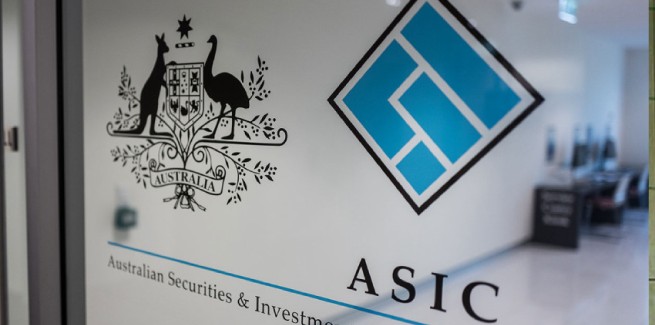Karen Chester, who has been the deputy chair of the Productivity Commission since May 2016, will take up the role of deputy chair of the financial services regulator for a five-year period from 28 January 2019.
The appointment comes following the departure of Peter Kell, who stepped down from his role yesterday after tendering his resignation.
Ms Chester, who chaired a four-month capability review of ASIC in 2015, was a partner at Mercer and global head of infrastructure.
Before joining Mercer, Ms Chester was a partner at Access Capital Advisers and the CEO of Access Economics.
She has a first class honours degree in economics from the University of Queensland and was awarded an honorary doctorate in economics by the university in 2017.
Ms Chester’s appointment follows on from other leadership changes at ASIC, including the recent appointment of ASIC chair James Shipton, deputy chair Daniel Crennan QC and two additional commissioners, Danielle Press and Sean Hughes.
It also follows the government’s commitment of an additional $70.1 million in funding to support ASIC’s new strategic direction and enhancing its ability to detect and address misconduct in financial services and protect consumers, and an additional $51.1 million in funding for the Commonwealth Director of Public Prosecutions and the Federal Court of Australia to pursue more prosecutions of criminal misconduct.
[Related: ASIC deputy chair resigns]
 ;
;